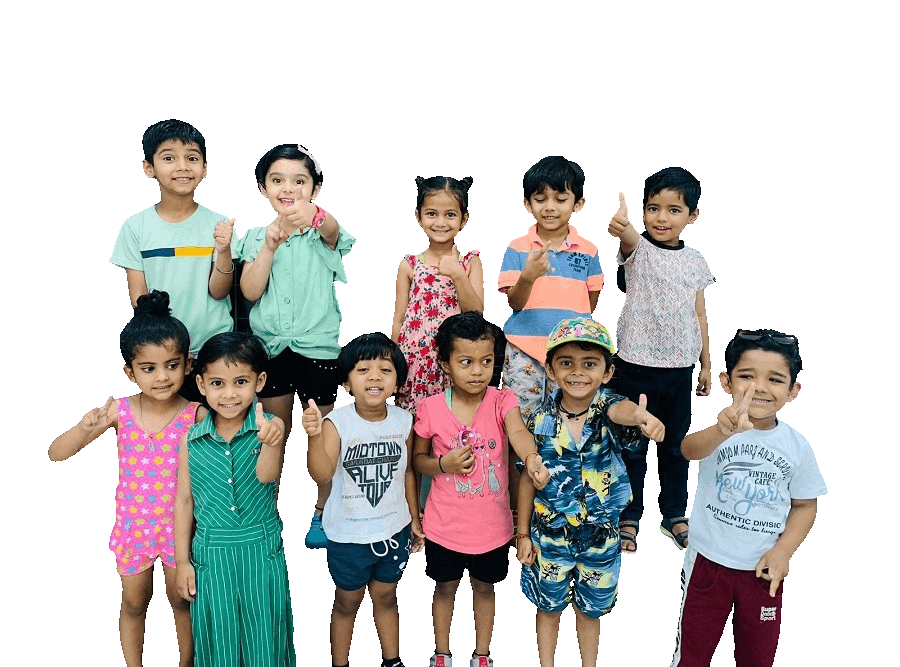
SKILLS vs EXAMS – the fight for competence
Have you ever wondered what will define success in the future?
To get an insight into this question, let’s go back to a simpler time when we studied with just one single aim – to score well, the highest rank on the board, to ace in the tests and the title that we were encouraged to have of a ‘Scholar’. A simple era indeed, do whatever it takes, just to be at the top of the charts, but will it work today in the hyper-competitive 21st century where we are constantly looking beyond the numbers? Or will it work in the future when new technologies arise and the world seems to upgrade at lightning speed thus, keeping up with the changes seems petrifying?
It seems easy to say, “Aim at being capable, my child; success will follow you inevitably”. If only this were an ideal world, and marks didn’t really matter. This line would probably run for President!
However, in the real world, marks, ranks and topper charts just can’t be ignored, though a gradual takeover of individual capabilities will slowly replace them. The seed of thought that drove education towards change has come a long way from an obvious yet deeply insightful concept that learning must be relevant in the context of the real world.
The paradigm shift that arose with the new learning age was that education couldn’t be boxed into just the transfer of knowledge and content. It has stopped being a rote display of what can be memorised and recalled. It has now moved to become something greater and beyond – the latest buzzword now is SKILLS.
Why is Skill based education the future?
In a world that judges an individual based on the long list of items placed in a resume or a profile – Skills define strengths and are an asset to the individual’s personality.
It is just like equipping individuals with a multi-purpose toolkit that they can use all through their life. This toolkit is essential in their journey of staying relevant. It creates a Work-ready – Life ready mindset.
Skill-based education is progressive education that places the learner in the spotlight, and every time the learner learns a new skill, it makes them more independent. Think of it as an ongoing hands-on DIY project. It gives the learner a practical understanding of how things are done.
SYNA KIDS SCHOOL believe that skills form the foundation of learning. Learners are constantly engaged in acquiring skill sets through various learning experiences such as research tasks, collaboration projects, self-management processes and even soft skills. Not only are the learners consciously achieving these skills every day, but they are also aware of the skills that they are developing or wish to improve. This conscious awareness enables them to pick the skills of their best interest. Conversations among the learners range from – ‘I think I need to work on my social skills a bit more to ‘I am confident about my communication skills. Such self-assessments make the process of learning more profound, more meaningful, and highly personalised.
The challenges faced earlier by rote-learning that made the entire process of learning detached and disconnected has now been overcome by the multi-faceted development of the individual. Every learner can now create a customised plan for their personal skill development and constantly upgrade their bowl of mastery.
Teachers now, by design, take the backseat and facilitate the process by providing essential scaffolding and support that the learner would see fit in their custom-built plan.
Where do exams stand in this scenario?
The upside of exams is that they do ensure that time is taken out to consciously recall, rote, memorise, and apply the learning content. Since it is such a formal process, it considers measurable outcomes, and the fact remains that a formal system is essential so that the entire academic machinery functions. No method is foolproof, and no one system would be all-encompassing.
On the other hand, the downside is that though an exam generates some form of rigour, it cannot quantify the innate abilities and immense potential that an individual truly possesses. It is just a measure of outcomes for a specific time and day, as exams don’t account for the other variables such as emotional and physical state of being that might directly affect the end result.
Although standardised tests help seek certain areas of improvement and review, they do not consider the natural abilities and excellence that every individual is capable of. And if we are each made of a unique construct from our fingerprints to our perspectives, exams barely even touch the surface.
The verdict
Coming back to the fight for competence – In a tussle of skills vs exams, the one with the maximum leverage into the future seems like a better option. You are faced with two choices – the choice to excel the charts vs the choice to equip yourself with do-ables for an ever-changing world.
This quote from Max McKeown’s book Adaptability: the art of winning in an age of uncertainty sums up the thought well – “All failure is failure to adapt, all success is successful adaptation”. Competence builds adaptability, and the failure to adapt will make you obsolete.